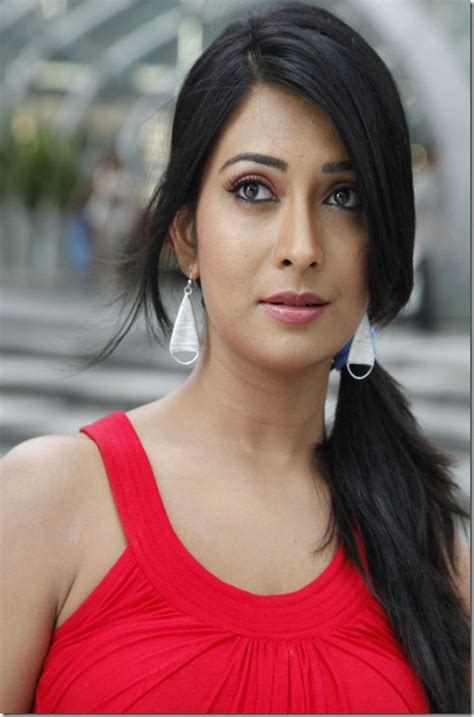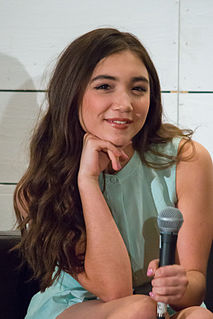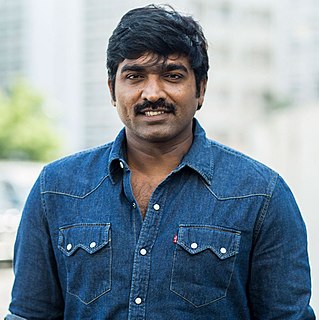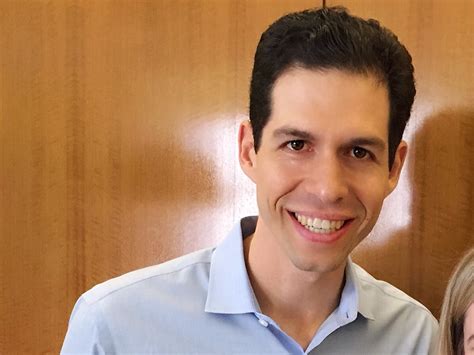A Quote by Gurinder Chadha
You'd be surprised how hard it is getting the human emotional arc in a script to work. Ultimately a director stands and falls by their ability to do that.
Related Quotes
It's hard to be surprised by a film. It's hard to be surprised by another actor or by a director when you've seen enough and been around. So when I am, or when I forget that I'm watching someone's movie, or when I don't know how someone made a certain turn that I didn't expect . . . You know, I'm in.
With a good script a good director can produce a masterpiece; with the same script a mediocre director can make a passable film. But with a bad script even a good director can’t possibly make a good film. For truly cinematic expression, the camera and the microphone must be able to cross both fire and water. That is what makes a real movie. The script must be something that has the power to do this.
You have to accept that the moment you hand a script to a director, even if you've written it as an original script, it becomes his or her movie. That's the way it has to be because the pressures on a director are so staggering and overwhelming that if he or she doesn't have that sort of level of decision making ability, that sort of free reign, the movie simply won't get done. It won't have a vision behind it. It may not be your vision as a screenwriter, but at least it will have a vision.
Antonio Gramsci said that social reformers should have pessimism of the intellect and optimism of the will. This means that one must have the intellectual ability to see how bad things are and the emotional ability to look forward with hope. It's a hard combination to sustain, but if you can do it, you can change the world.
The way I pick movies is, first, if the script is any good. Then, if the script is good, who else is in it, the director, the producer, all that. If you have all that, there's a chance the movie will be great. If the script isn't right, or the director or cast isn't right, you've got no shot in hell.





































